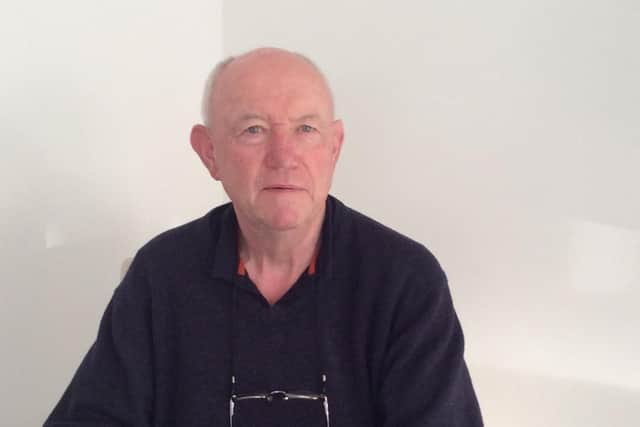Why are so many people delaying seeking help with debt?
and live on Freeview channel 276
Whether employed, self-employed, or unemployed, we’ll all notice the difference. With more outgoings, debt lurks around the corner for many unsuspecting households.
Debt doesn’t go away on its own. Very quickly, people in debt can find themselves drowning in letters, statements and notices from creditors. Christians Against Poverty (CAP) sees the impact this has on people’s lives, as well as how far emotional, holistic and practical help can go to helping people become debt free. So, why do so many people delay seeking help?
Advertisement
Hide AdAdvertisement
Hide AdOften, the delay in seeking help is related to the reason for the debt. From budgeting issues to bereavement, relationship breakdowns to addiction, anyone can find themselves in financial difficulty. It’s no coincidence that stigmatised issues like low income and mental ill-health were the top two reasons given by new CAP client households for their debt.*


There are many myths around debt. Whether it’s the idea that people simply shouldn’t ‘live beyond their means’ or that they should ‘just get a job’, these don’t reflect the reality of debt – and only make tackling it more difficult. Maybe that’s why 58% of CAP clients said that embarrassment was their primary reason for not seeking help sooner.*
The last few years of restrictions and lockdowns haven’t helped those in debt. It’s not just redundancy and furlough that have affected people’s financial plans. Years of living in the COVID-19 pandemic have heightened existing problems, detrimentally impacting people’s financial stability. More than 1 in 5 new CAP clients in 2020 also had a key support issue relating to anxiety and depression.*
It’s easy to see how quickly someone’s life can be turned upside down, given the perfect storm of poor mental and physical health and financial hardship. We can sometimes get caught up in the idea that we can ‘go it alone’, and that asking for help is somehow an admission of defeat or weakness. We could all use some help at times, and there’s absolutely no shame in that – even if it’s just a little guidance to better manage our money. In fact, nearly two thirds of CAP clients delayed seeking help because they’d thought they could resolve the issues themselves.*
Advertisement
Hide AdAdvertisement
Hide AdUnfortunately, it’s not always that easy. Small issues can quickly escalate into huge burdens without the right assistance. No one should have to face this alone – and no one has to.
Surprisingly, nearly half of all CAP clients didn’t know where to get help, and over a third thought no one could help.*
Thankfully, this isn’t true. At CAP, we see the transformations in the lives of people who have become debt free. We’re proud to see clients go from dreading the enforcement agents at the door to being able to rest easy at night – all because they became debt free! And 95% of them would recommend CAP to someone they know.
Stuffing the creditors’ letters into a drawer might seem tempting – and it’s an all too common response. But hiding the problem doesn’t make it go away. Acknowledging debt is the first step to overcoming it.
READ MORE: Christians Against Poverty share lessons to learn from lockdown